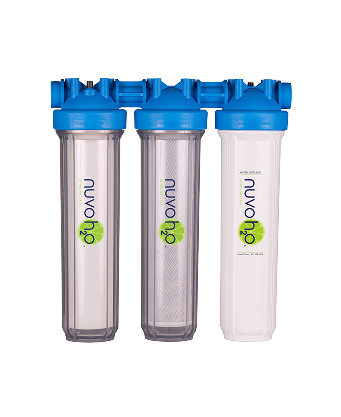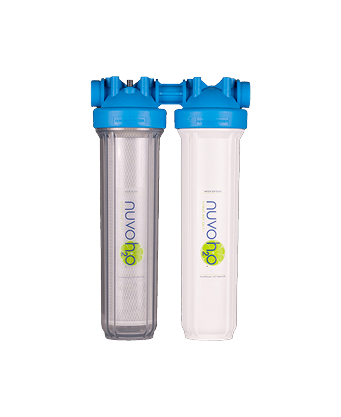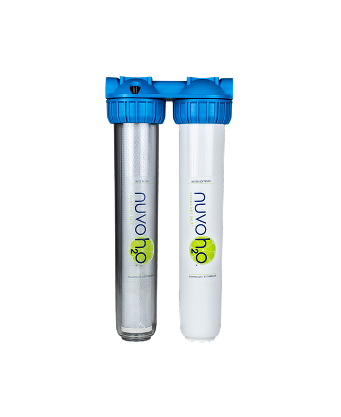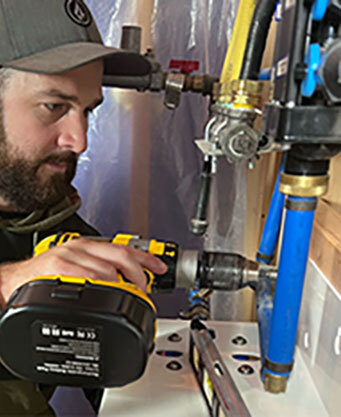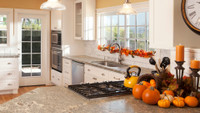
How Soft Water Enhances Your Fall Baking and Cooking Experience
30th Sep 2025
Just as Summer is the perfect time to grill up some burgers, Fall is the perfect time to cozy up in the kitchen and bake your favorite seasonal treats. But did you know that the quality of your water can have a surprising impact on your fall cooking?
For many homeowners, hard water cooking issues go unnoticed, but they can subtly affect the texture, flavor, and overall success of your dishes. But when you switch to soft water for baking and everyday cooking, you can elevate your culinary creations and enjoy more consistent results.
In this article, we’ll show you just how hard water affects one of the most important aspects of your life, how you can spot hard water symptoms in your cooking and baking, and how a water softener can help you whip up better dishes.
What Is Hard Water, and How Does It Affect Cooking?
Hard water is water that contains high levels of minerals, mainly calcium and magnesium. While safe to drink, these minerals can interfere with cooking and baking in ways you might not expect.
Some common hard water effects on baking and cooking include:
- Slower cooking times for beans, rice, and pasta
- Mineral aftertaste in soups, sauces, and beverages
- Cloudy ice cubes or discolored tea and coffee
- Tough vegetables or baked goods that don’t rise properly
Essentially, hard water and food taste issues mean that even the best recipes can fall flat. This is especially noticeable during fall cooking water quality challenges, when seasonal ingredients like squash, apples, and pumpkin need precise textures and flavors.
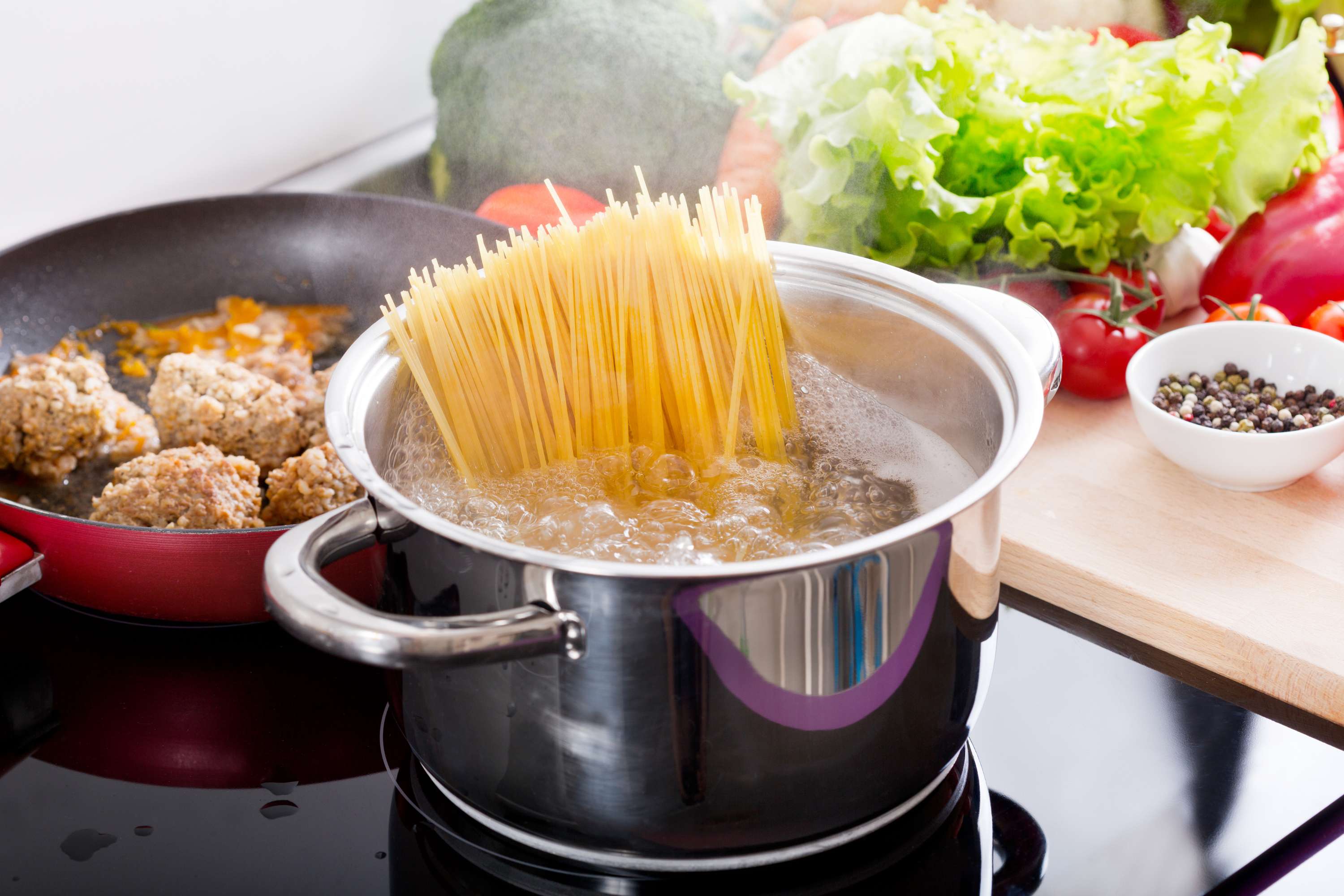
Common Hard Water Kitchen Problems
Understanding the everyday issues caused by hard water can help you see why a water softener is such a game-changer for home cooking. Even if you’ve been cooking for years without noticing, hard water cooking issues can subtly affect the taste, texture, and appearance of your food.
1. Mineral Deposits on Pots, Pans, and Glassware
Hard water leaves behind white, chalky deposits, commonly called limescale, on cookware and utensils. Over time, these mineral buildups can cause hard water kitchen problems, such as uneven heating in pots or a cloudy finish on glassware.
Not only does this affect the appearance of your dishes, but it can also interfere with cooking performance, causing water to boil inconsistently and making baked goods or pasta less predictable in texture.
2. Soap or Detergent Residue Affecting the Taste of Food
If you’ve ever noticed a slightly off or metallic taste in your soups, sauces, or even boiled water, hard water effects on baking and cooking could be the culprit. The minerals in hard water react with soaps and detergents, leaving behind residues on dishes, mixing bowls, and cooking utensils.
These residues can transfer into food, subtly altering flavors and reducing the overall quality of your fall recipes.
3. Scaling in Kettles, Coffee Makers, and Steamers
Appliances that heat water daily are particularly vulnerable to hard water. Scaling builds up in kettles, coffee makers, steamers, and even espresso machines, reducing their efficiency and lifespan.
This scaling can also impact soft water and cooking indirectly, clouding teas, over-extracting coffee, and creating inconsistent steam for baking or cooking delicate foods. In the fall, when you might be brewing seasonal drinks like mulled cider or pumpkin spice lattes, this can noticeably affect taste and clarity.
4. Less Effective Marination for Meats and Vegetables
Hard water can make it harder for flavors to penetrate ingredients. The excess calcium and magnesium in hard water interact with proteins in meat or the cell walls of vegetables, slowing down the marination process. This results in dishes that may taste less vibrant or have a tougher texture than intended.
By switching to soft water for baking and cooking, marinades absorb more efficiently, letting herbs, spices, and seasonings fully enhance your meals.
5. Clogged or Inefficient Cooking Appliances
Over time, mineral buildup from hard water can clog steam vents, water filters, or piping in appliances like pressure cookers, rice cookers, or slow cookers. These hard water cooking issues not only affect performance but can also shorten the lifespan of your kitchen equipment.
Maintaining consistent water quality for baking ensures that these appliances operate at peak efficiency, saving both time and money.
Why Soft Water Makes a Difference
Switching to soft water and cooking can transform your kitchen experience. Here’s how soft water benefits for cooking show up in everyday meals:
1. Better Baking Results
When you use soft water for baking, flour hydrates evenly, yeast rises predictably, and your dough or batter achieves the right consistency. Hard water minerals can inhibit yeast activity, leading to denser breads, muffins, and cakes.
Fall baking tips: Try baking pumpkin bread or apple cinnamon muffins with soft water; you’ll notice a lighter, fluffier texture and more pronounced flavors.
2. Enhanced Flavors in Vegetables and Soups
Vegetables cooked in hard water may develop a slight bitterness or off-flavor. Soft water allows your produce to retain its natural taste, making soups, stews, and roasted dishes more vibrant.
Soft water recipes like butternut squash soup or roasted root vegetables benefit from this subtle but important difference in taste.
3. Perfect Pasta, Rice, and Legumes
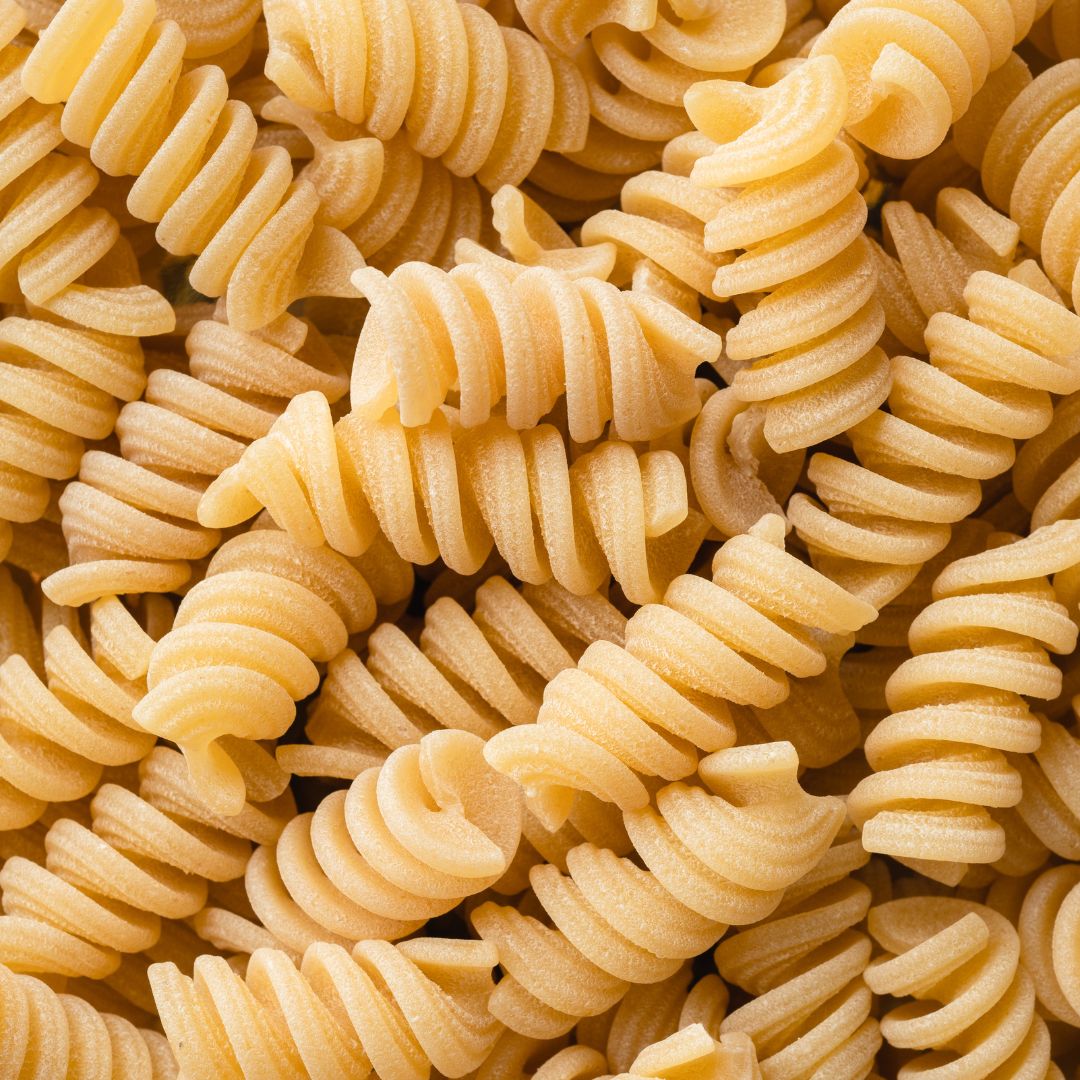
Hard water can leave pasta sticky and rice clumpy. Beans and lentils may take longer to cook or remain tough. Cooking these staples with soft water ensures even cooking, an ideal texture, and a more enjoyable dining experience.
4. Clearer Beverages
Whether it’s morning coffee, tea, or even homemade cider, soft water ensures a pure, clean flavor. Cloudy iced tea or metallic-tasting coffee? Not with soft water. Soft water also produces clearer ice cubes, perfect for fall-inspired drinks like spiced apple cocktails.
NuvoH2O: A Simple Solution
You don’t have to put up with hard water ruining your favorite meals. Here’s what soft water can do for your home cooking, and your home in general, when you give NuvoH2O a go!
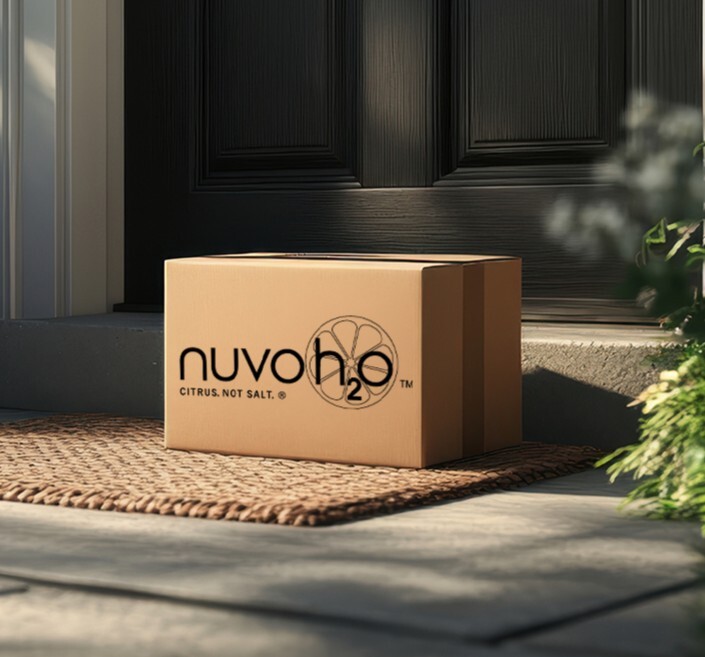
- Safe, Healthy Water: Soft water doesn’t mean giving up what’s good. NuvoH2O systems naturally soften your water without adding sodium or chemicals, so you and your family get clean, refreshing water that’s safe to drink, cook with, and enjoy every day.
- Softer Skin & Hair: Hard water can leave your skin dry and your hair feeling dull or weighed down. With NuvoH2O, you’ll notice the difference from the very first shower: smoother skin, shinier hair, and no harsh residue to worry about.
- Eco-Friendly Solutions: Clean water doesn’t have to come at the expense of the environment. NuvoH2O treats water efficiently, without wasteful salt or harmful chemicals, so you can feel good knowing your home and the planet benefit.
- Prevents & Removes Scale Buildup: Every home’s water is unique, and so are the challenges it brings. NuvoH2O systems tackle hard water issues like sediment, chlorine, and iron, helping prevent scale buildup and keeping your plumbing and appliances running smoothly.
- User-Friendly & Low Maintenance: Keeping your water system in top shape shouldn’t be a hassle. With easy-to-replace cartridges and optional Autoship for replacement parts, maintaining your NuvoH2O system is simple, stress-free, and worry-free.
So, this season, let soft water be your secret ingredient for more flavorful, enjoyable, and stress-free cooking. Check out our selection of systems today!

